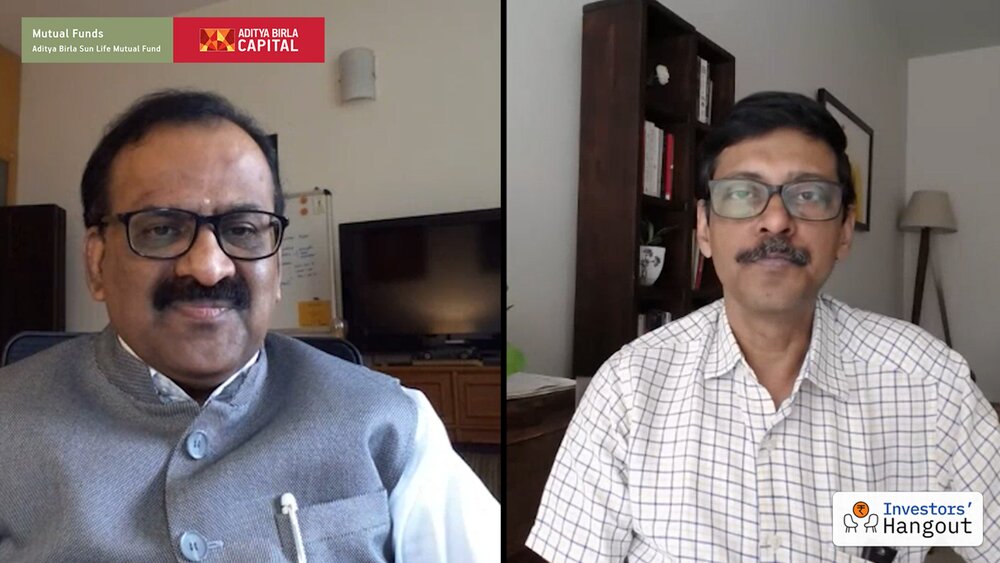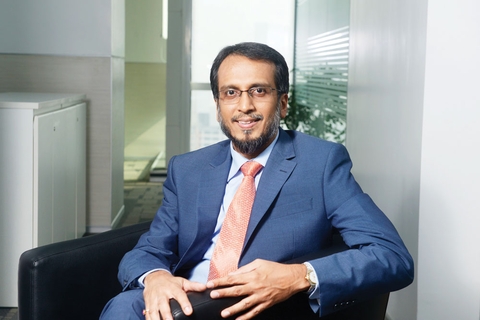
Over the years, as the internet connectivity has improved and the use of technology has widened, freelancing has emerged as a popular career option. Freelancers enjoy the flexibility and control that their work brings them. They don't have to work the traditional eight-nine hours at an office. They can decide when, where and how much to work. Companies are also benefitting from this trend. They can get projects executed without hiring or training, that too in a timely fashion.
However, with freedom comes responsibility. While freelancers have the freedom to decide their work routine, their long-term financial goals are similar to those of any full-time employee. They have to save enough for their retirement, plan for their children's education and wedding, and so on. But unlike employees, who have a fixed income, freelancers' incomes tend to fluctuate, thus making it more challenging for them to plan and save for their future.
In absence of a regular income, an emergency corpus and insurance are absolutely essential for freelancers. They should maintain an emergency fund equal to six to 12 months of monthly expenses. They should also buy adequate life and health insurance. For a life cover, term insurance is the best as it provides a large cover for small premiums.
For long-term goals, such as retirement, SIPs in equity funds are the best. While equity may appear to be volatile in the short term, over the long-term, it gives inflation-beating returns. SIPs help dampen the equity volatility as you invest through the market's ups and downs and hence get to average your investment cost.
Given their irregular incomes, for freelancers, the major challenge is to maintain an SIP. This is not as difficult as it appears. Freelancers can start an SIP with whatever amount they are comfortable with. Equity funds allow SIPs from as low as Rs 500 per month. Parallelly, they should also create a 'feeder fund'. Whenever they have a surplus, they can put it into this feeder fund. This feeder fund can be a simple savings bank account or a liquid fund. In any month, if their surplus falls short of their regular SIP commitment, they can withdraw from the feeder fund and invest in the equity fund.
Increasing SIPs with time is as important as starting them, more so if your initial SIPs are insufficient to accumulate the required corpus. Suppose you invest Rs 5,000 in an equity fund for 30 years. The fund gives you a return of 12 per cent per annum. After 30 years, you will have accumulated Rs 1.54 crore. Now if you also increase your SIPs by 10 per cent, your final corpus will be about Rs 4 crore. Hence, one should make it a point to increase one's SIPs every year.
Freelancers prefer their way of working as it gives them more control over their lives. But they do appreciate that to be a successful freelancer, discipline is a must. SIPs are no different. They also allow you to achieve financial freedom, provided you are disciplined with them.









